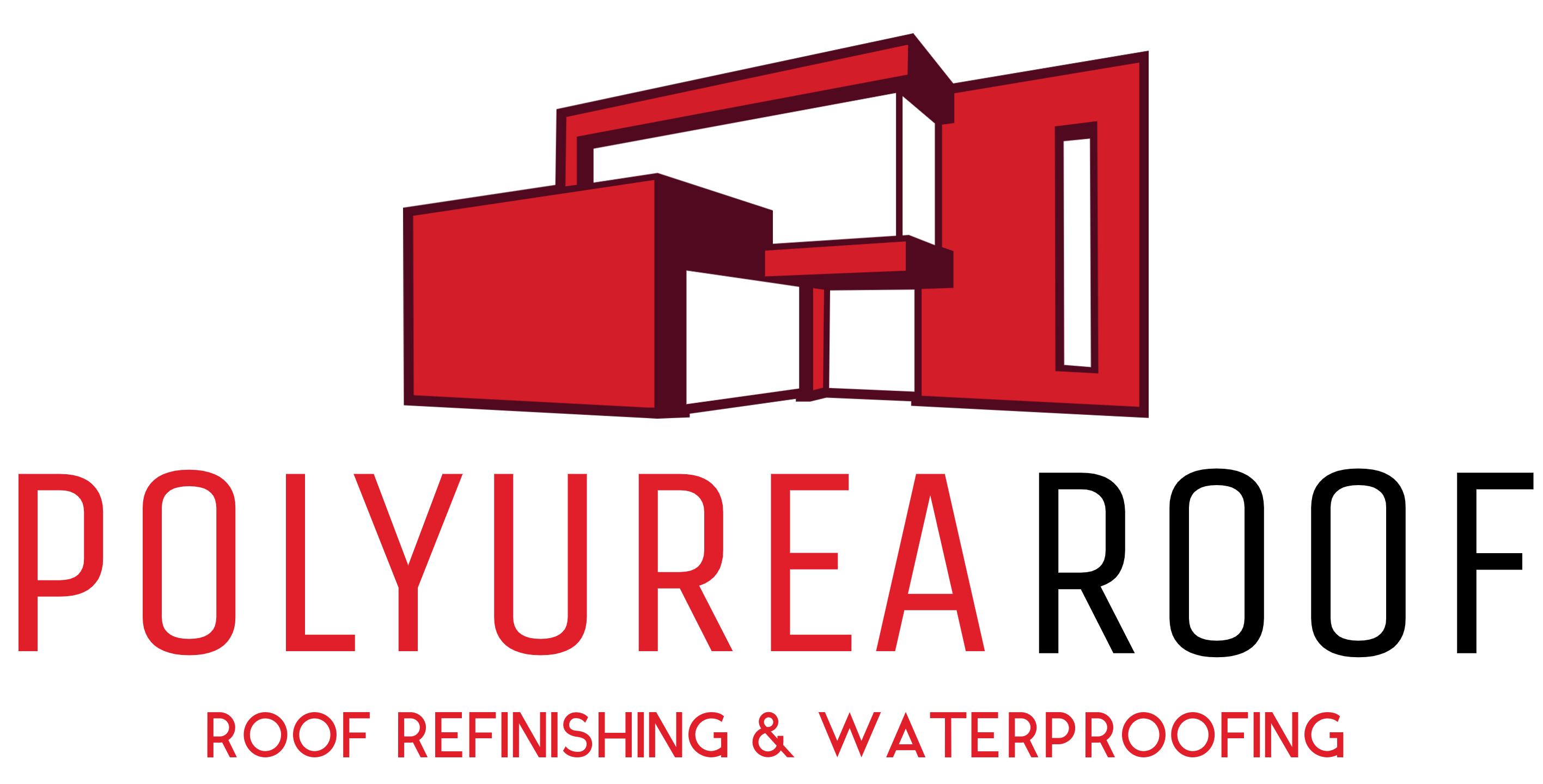When it comes to roofing, every professional knows that durability and efficiency are two essential characteristics to consider. Over the years, the roofing industry has seen various advancements in materials, techniques, and technologies. One such advancement is the use of polyurea in roofing systems. Polyurea roofing has gained popularity among roofing specialists due to its numerous advantages and superior performance in a variety of applications.
Introduction to Polyurea Roofing
Polyurea is a type of elastomer that is derived from a chemical reaction between an isocyanate and an amine. This reaction creates a durable and flexible material that is resistant to a wide range of harsh environmental conditions. When used in roofing systems, polyurea acts as a protective barrier, effectively sealing the roof and preventing leaks, damage, and deterioration.
The Benefits of Polyurea Roofing
1. Exceptional Durability
One of the most prominent advantages of polyurea roofing is its exceptional durability. The material is highly resistant to abrasion, impact, and chemicals, making it ideal for roofs that are subjected to harsh weather conditions, foot traffic, or exposure to chemicals. Unlike traditional roofing materials, polyurea is not prone to cracks, tears, or fractures, ensuring a longer lifespan for the roof.
2. Fast Application
Polyurea roofing systems can be installed quickly, providing roofing specialists with time and cost-saving benefits. The material cures rapidly, meaning that multiple layers can be applied in a single day. This fast application time reduces labor costs and minimizes disruption to building occupants, making polyurea an excellent choice for commercial and industrial projects with tight timelines.
3. Seamless and Flexible
Polyurea roofing forms a seamless membrane that adheres tightly to the roof, eliminating any potential entry points for water and moisture. This seamless characteristic is especially crucial for flat or low-sloped roofs, where pooling water can lead to leaks and structural damage over time. Moreover, polyurea is highly flexible, allowing it to accommodate the movement and expansion of the building without compromising its protective properties.
4. UV and Weather Resistance
Roofs are constantly exposed to the sun’s UV rays, extreme temperatures, and inclement weather conditions. Thankfully, polyurea roofing systems are naturally resistant to UV radiation, preventing the material from degrading or fading over time. Additionally, polyurea has excellent resistance to moisture, chemicals, and corrosion, ensuring that the roof remains intact and sealed, even in the most challenging environmental conditions.
5. Energy Efficiency
Polyurea roofing can significantly improve energy efficiency in buildings. The material’s high reflectivity minimizes heat absorption, reducing the burden on HVAC systems and lowering cooling costs during hot summer months. Furthermore, polyurea’s insulation properties help maintain a comfortable indoor temperature throughout the year, further enhancing energy efficiency and reducing a building’s carbon footprint.
Conclusion
Polyurea roofing has become a game-changer in the roofing industry for its exceptional durability, fast application time, seamless and flexible nature, UV and weather resistance, and energy-saving benefits. As roofing specialists, it is crucial to stay at the forefront of new technologies and materials to provide clients with the best possible solutions. By considering polyurea roofing systems for your next project, you can ensure a longer-lasting, superior roof that will withstand the test of time and harsh environmental conditions.
